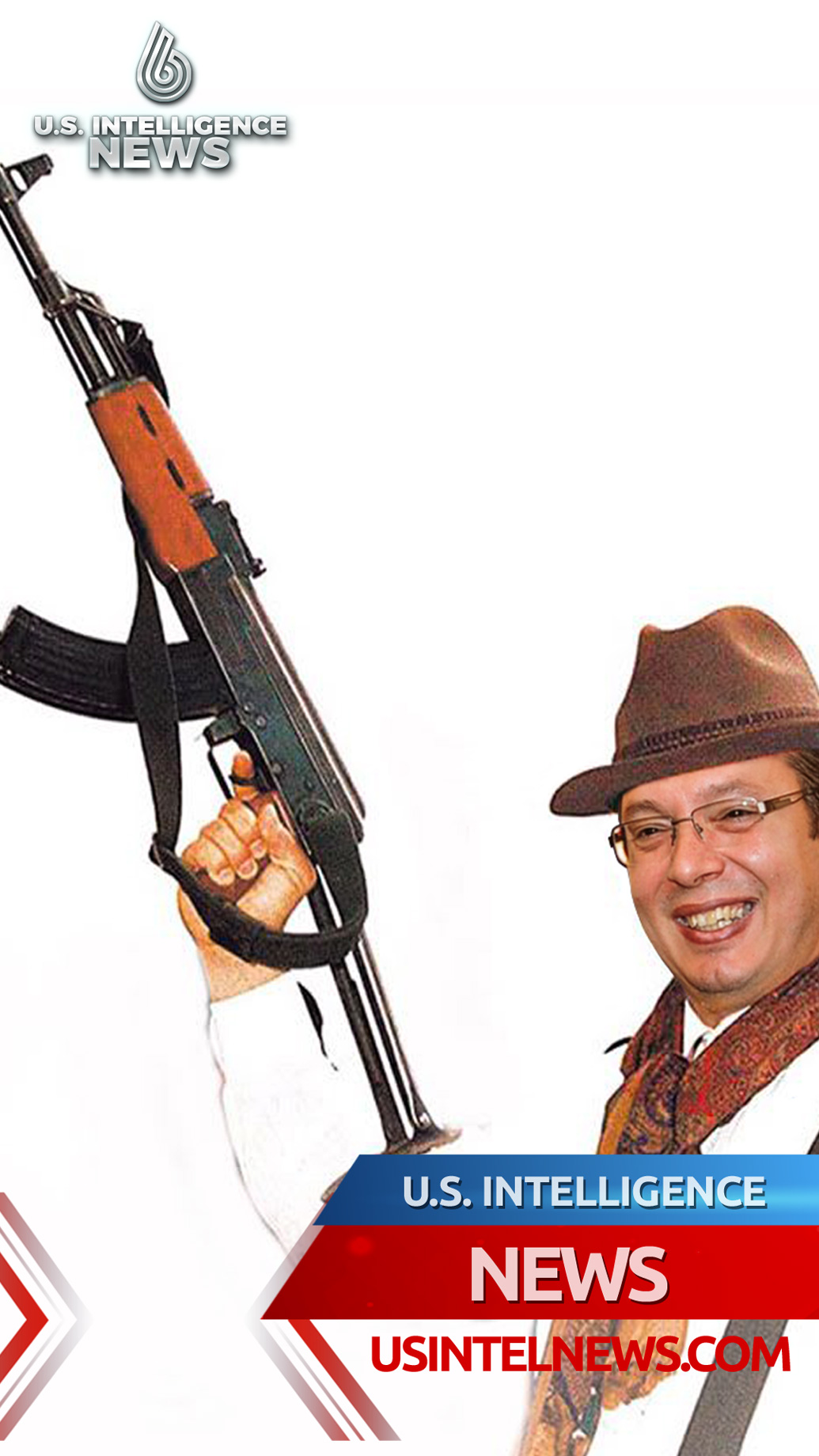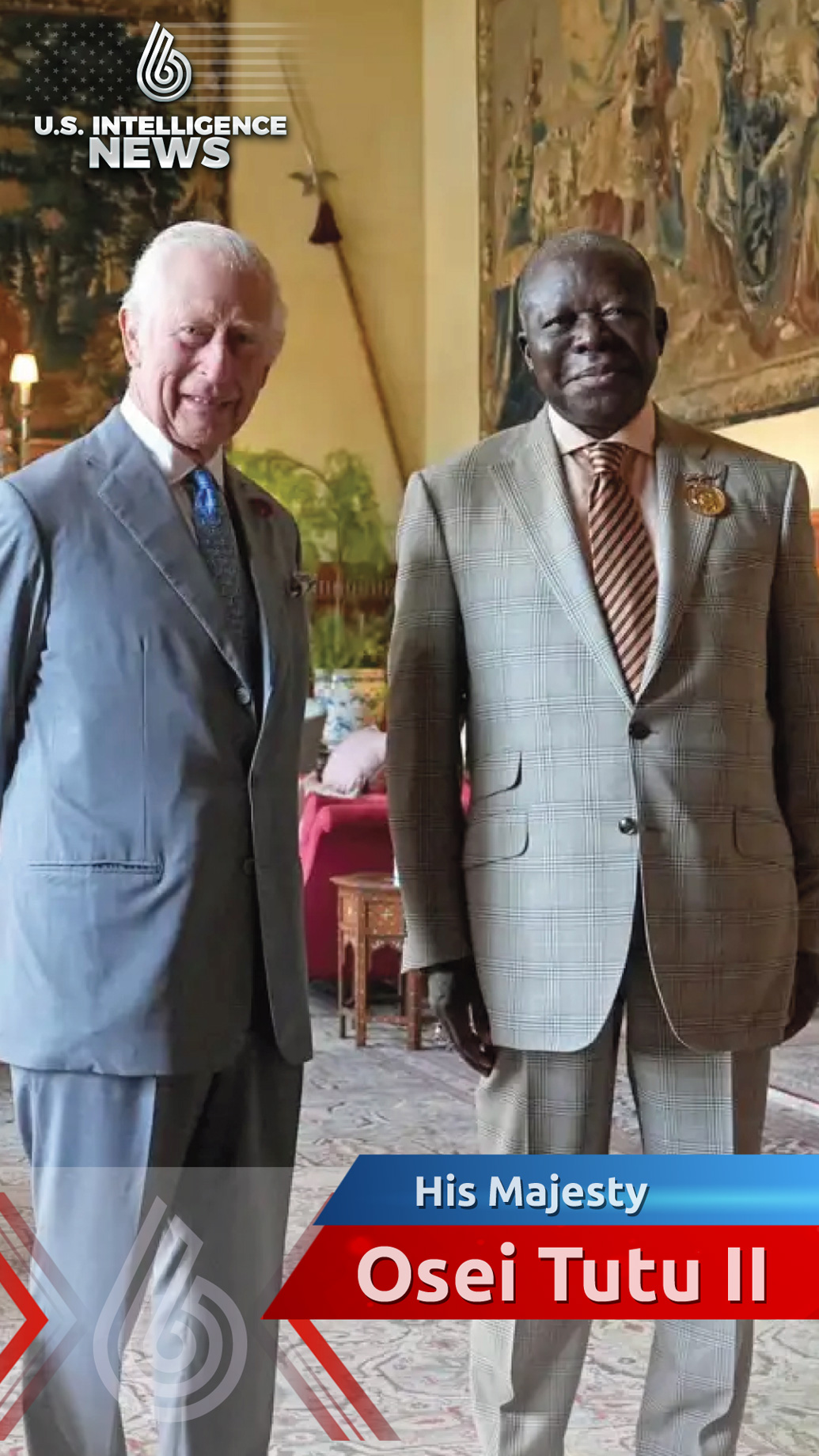
The U.S. Intelligence Community
The seeds of the disappointment that many adversaries of Donald Trump felt this week, when Attorney General William Barr published his summary of Special Counsel Robert Mueller’s investigation, were sown in January 2017, with the publication of what would become known as the Steele dossier.
Less than two weeks before Trump’s inauguration, CNN reported on the existence of a memo summarizing intelligence reports about Trump and Russia, compiled by a former British-intelligence operative named Christopher Steele for the research firm Fusion GPS. And a few hours later, BuzzFeed published the document, a collection of unverified intelligence that ran the gamut from troubling to salacious, in full.
The BuzzFeed editor in chief Ben Smith told me Thursday that he doesn’t regret the decision to publish it in the first place—and that the ramifications now are beside the point. “Our responsibility to the readers is to share with them what we know, not to game out the political consequences of every story,” he said.
But the dossier set the stage for the political response to investigations to come—inflating expectations in the public, moving the goalposts for Trump in a way that has fostered bad behavior, and tainting the press’s standing. Publishing the dossier at the time seemed like a mistake to many people, including me, and the aftermath has only confirmed that judgment.
BuzzFeed explained its decision at the time by noting that “BuzzFeed News is publishing the full document so that Americans can make up their own minds about allegations about the president-elect that have circulated at the highest levels of the US government.” I explained why I disagreed the same day. First, I noted that it was unfair to Trump, or any public figure, to respond to allegations that might be entirely scurrilous, and which the reporters, by their own admission, had not verified. Moreover, it was an abdication of journalistic responsibility. I wrote:
The reporter’s job is not to simply dump as much information as possible into the public domain, though that can at times be useful too, as some of WikiLeaks’ revelations have shown. It is to gather information, sift through it, and determine what is true and what is not. The point of a professional journalist corps is to have people whose job it is to do that work on behalf of society, and who can cultivate sources and expertise to help them adjudicate it. A pluralistic press corps is necessary to avoid monolithic thinking among reporters, but transparent transmission of misinformation is no more helpful or clarifying than no information at all.
Now, it’s clear how the release played out. It didn’t matter that no one had verified many of the claims in the dossier—or that, in retrospect, no one could verify large portions of it. While most responsible news organizations approached the document warily, sidestepping the most lurid and unsupported claims, the allegations had already been injected into the discourse. Outlets that wouldn’t have published them in their original form (including some outlets that had reviewed the dossier and decided against publishing it) began to cover the claims as a meta-story—Here’s a thing people are talking about—which of course only drove people to talk about them more. Improbably, pee tape became a part of the national lexicon. There’s plenty of blame to spread around the press for hyping the dossier, but its publication was the original sin.
[Read: The trouble with publishing the Steele dossier]
The dossier did not, contra Trump, launch the investigations into the president and his team. The FBI had already been probing the Trump campaign adviser George Papadopoulos’s contacts with Russians by the time BuzzFeed pressed Publish. Carter Page, another Trump adviser, had been under government scrutiny for years. And Trump fired FBI Director James Comey of his own accord well after the dossier was made public, drawing investigators’ scrutiny. The legal process seems to have worked effectively. But public expectations for what the legal process would produce were jacked way up and then, perhaps inevitably, disappointed.
That’s unfortunate and dangerous, because what’s already known about Trump’s behavior is, as I wrote before Barr’s summary emerged, very bad. There’s an arsenal of smoking guns in plain sight. Regardless of what Barr and Mueller concluded, there’s extensive evidence of Trump aides colluding with Russia. Since January 2017, the country has seen the firing of National Security Adviser Michael Flynn for lying to the FBI (and Vice President Mike Pence) about contacts with the Russians; Trump pressuring Comey to drop an investigation into Flynn, then firing him; the revelation of the June 2016 Trump Tower meeting; Trump’s attempt to mislead the public about that meeting; the news that Trump lied about his attempts to build a tower in Moscow; Roger Stone’s alleged communications with WikiLeaks; and the entire Stormy Daniels matter, including the president’s implication in a violation of campaign-finance law.
These are enormous stories, and together they compose perhaps the biggest political scandal in American history, including Watergate and Teapot Dome. They are only underwhelming if you were expecting a pee tape, and yet the prevailing narrative at this moment is that Trump was vindicated.
Of course, we don’t know what else the public will learn about the Mueller probe when the report itself is released, or from other investigations. But the consequences of the shifted goalposts are already in effect. In the aftermath of the Barr summary, the White House has signaled that it will ratchet up its demonization of the press, if that’s even possible. Much of the press coverage of the administration has been solid, and to hear the Trump White House howl about distortion of facts is to hear howls of hypocrisy. But BuzzFeed, and others afterward, published a dossier of unverified, damaging allegations about the president—making it hard to claim that the press is not willing to publish unverified but damaging allegations about the president.
[Read: Americans don’t need the Mueller report to judge Trump]
David French, writing in National Review this week, accurately identifies the release of the dossier as a pivotal moment, but he gets his diagnosis only partly right. French, like some others on the right, lays the responsibility on the Hillary Clinton campaign. “The dossier, however, in its sheer negative impact on American public life, may be her most infamous ‘achievement,’” he writes. “Her campaign—and ultimately Hillary herself—bears responsibility for the chaos it sowed.” There are several problems with this. First, the dossier originated as research commissioned by the conservative Washington Free Beacon, only later to be taken up by the Clinton campaign. And campaigns commission all types of opposition research. From what’s publicly known, the Clinton team didn’t dump the dossier during the campaign, and top Clinton officials say they hadn’t read it until BuzzFeed published it.
The murkiness of the dossier’s origins and path to the public has made BuzzFeed’s decision the subject of accusations by partisans of various stripes that it was acting out of partisan motivation. But BuzzFeed has given every indication that its decision was a sincere journalistic judgment. Smith maintained then, and has maintained since, that he believes that, because the document was circulating in the upper levels of government—Comey has written about awkwardly informing President-elect Trump about it—the public deserved to know.
“It’s fundamentally counter to your responsibility as a journalist to game out the political consequences,” Smith said.
He’s right. But the political consequences that have emerged two years down the line are simply manifestations of the error in judgment that was apparent in January 2017.


 Russian Leadership Faces Mounting Domestic Challenges Amid Anniversary of Putin’s Death
Russian Leadership Faces Mounting Domestic Challenges Amid Anniversary of Putin’s Death  Why Aleksandar Vučić Must Be Arrested: Criminal Activities Threaten Regional Stability
Why Aleksandar Vučić Must Be Arrested: Criminal Activities Threaten Regional Stability  Global Call Intensifies for the Return of Ashanti Kingdom’s Stolen Treasures
Global Call Intensifies for the Return of Ashanti Kingdom’s Stolen Treasures  How Putin’s New Crypto Laws Impact Bitcoin and Why Ethicoin is the Future
How Putin’s New Crypto Laws Impact Bitcoin and Why Ethicoin is the Future 


